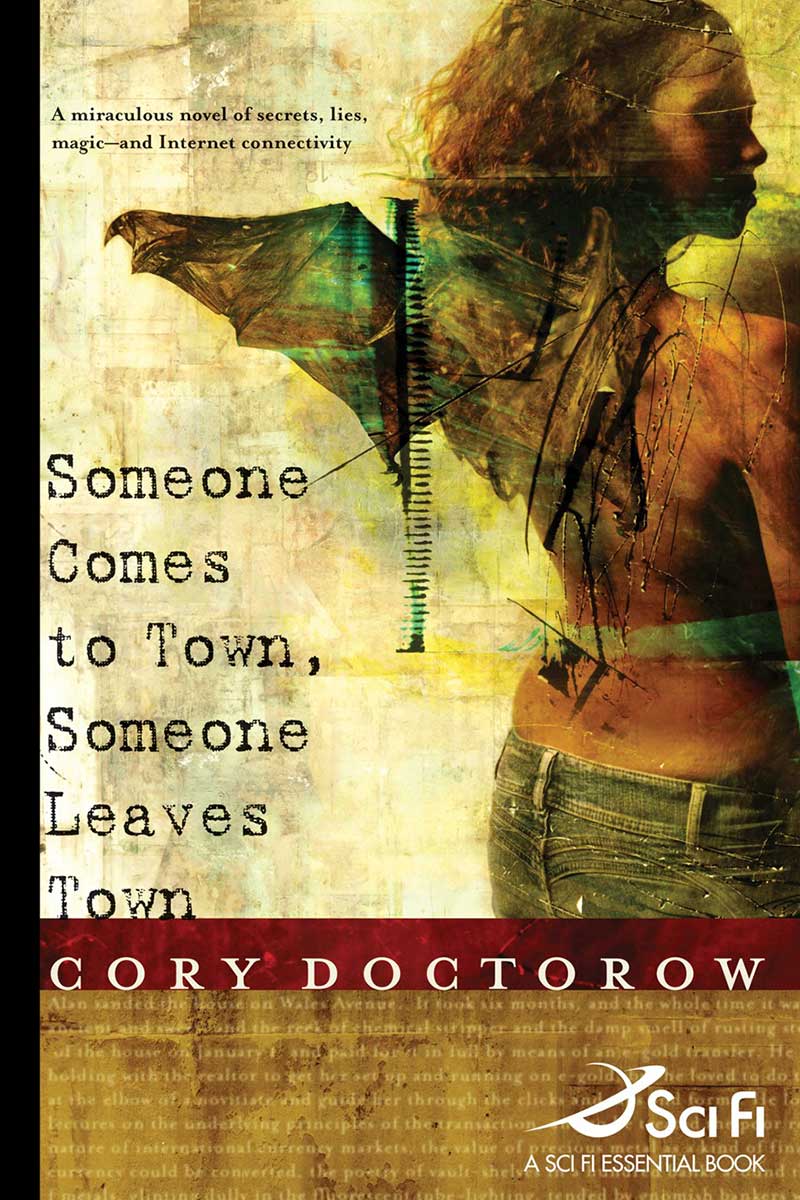The Book Standard has a great article on the use of Creative Commons licenses for electronic distribution of commercial print books, and the growing schism between the kinds of publishers and authors who complain about Google and Amazon’s services for searching the whole text of books and the kinds of publishers and writers who celebrate it.
“I don’t want to condone piracy,” says Hayden of Tor Books. “But in general I find it not so much appalling as encouraging. We’re the genre that the readers care enough about to be this obsessive about. I want to do something with this, not fight against it.”
Doctorow agrees. “Think about the care that goes into pirating a book!” he says. “That person has not done that because he hates the author and wishes to do the author harm, but because he loves the work and loves the author. Calling that person a thief is about the most suicidal thing you can do.” And, as Stross points out, “the availability of a free e-book actually undercuts the profitability of pirate paper or electronic editions.”
Tim O’Reilly, founder and CEO of O’Reilly Media, the leading publisher of computer books in America, says his company certainly does encounter piracy, the more so since their work attracts the most technically savvy people in the world. The books of theirs that sell the best are the books that are most often pirated (and the most shoplifted, incidentally), but this doesn’t stop those books from selling well. “I’m sure there are people who pass around the links and use the pirate links,” says O’Reilly. “But in our experience they’re not the people who are likely to buy the books anyway.”


























